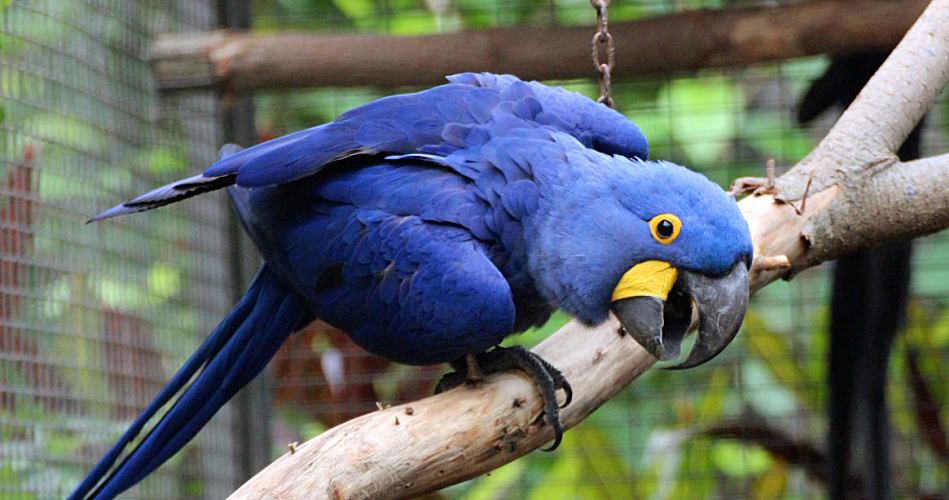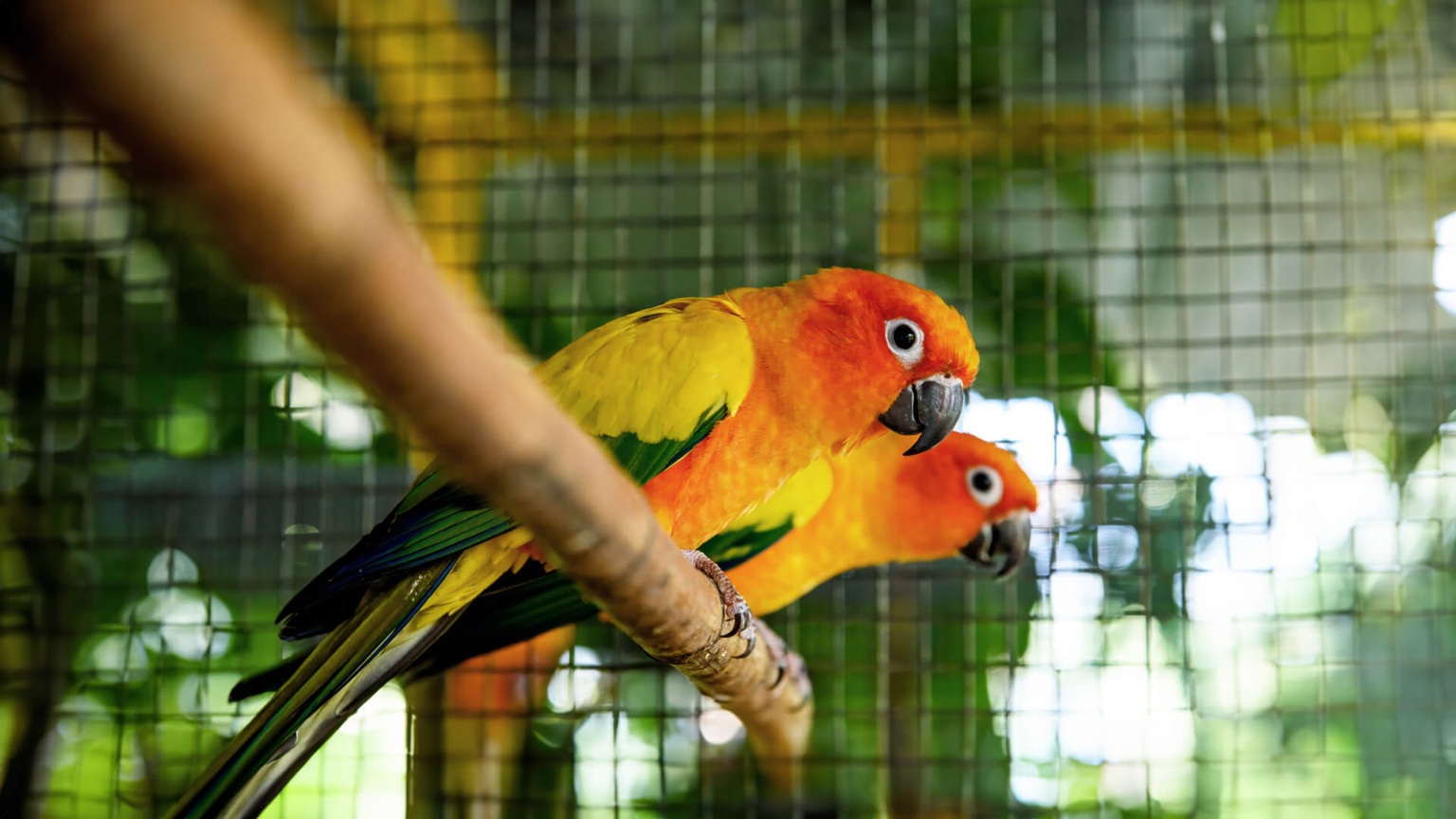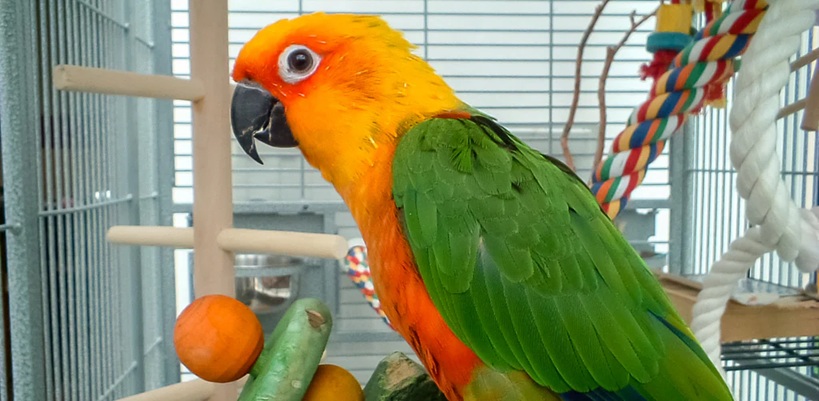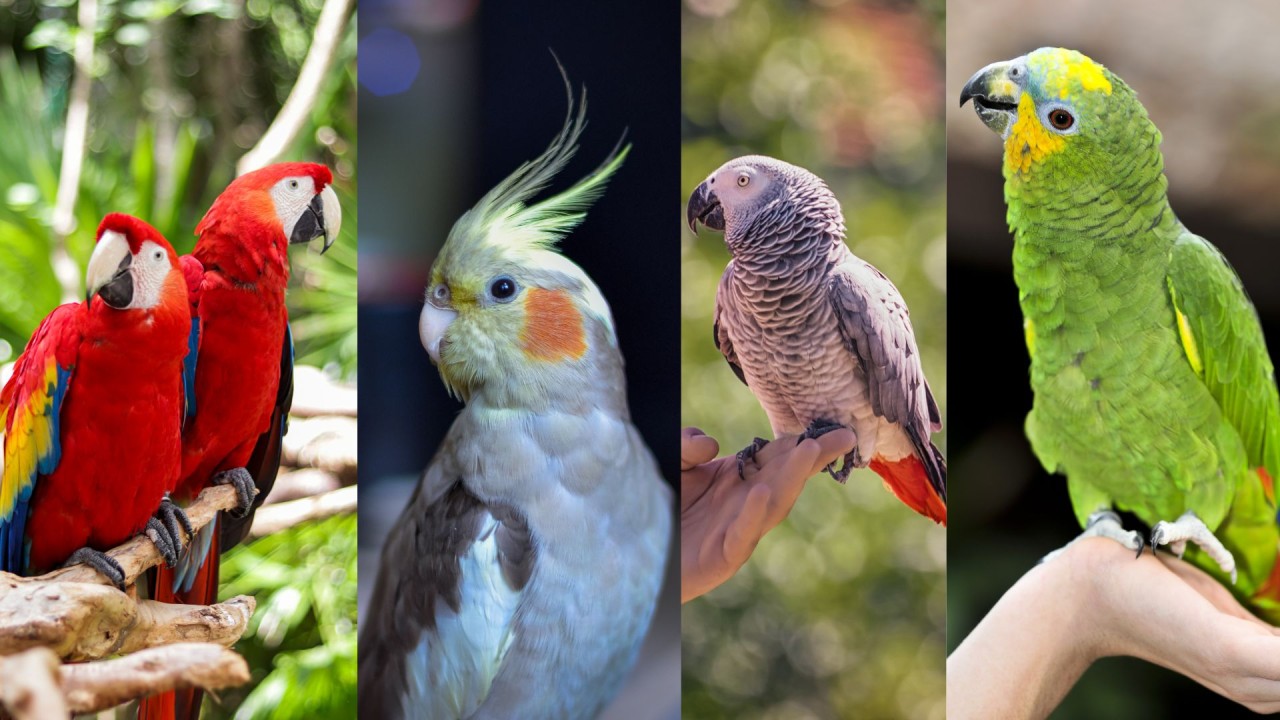
Hyacinth macaws are indeed a beautiful creation of nature. Their bright blue color and sparkling eyes are enough to attract any bird or animal lover. They are the longest parrot species in the world which can be up to 40 inches long. It is no surprise that their friendly and sociable character encourages almost everyone. Yet still, even with all the alluring features that one can find in a hyacinth macaw, there are yet menacing forces active that threaten their livelihood.
Owing to the loss of their natural habitat, the poaching of animals and other activities carried out by mankind, these incredible creatures have been classified as vulnerable. This blog seeks to discuss what are people doing to save hyacinth macaws and the reasons why it is important, the present challenges facing the species and the positive steps taken to avert them. Also you can know the place of getting a healthy hyacinth macaw bird for sale for conservation. And within this article, you will pay attention to different initiatives and even to the ways of your own participation in preservation of these amazing avian varieties.
Hyacinth Macaws In Ecosystem
The aesthetic value of the species can surely be appreciated but it is not the only value that they hold. These birds are found to be of great importance to the ecosystems where they are found. These birds are especially found in the Pantanal region of Brazil as they feed on nuts from palm trees such as the acuri and bocaiuva. They help in seed germination and in sustaining the ecological cycles in these environments as they chew on those nuts and scatter the seeds.
When we speak of conservation of hyacinth birds, we talk about conservation of biodiversity. It is understood that there are other species within the environment of macaws that depend on their existence as well. In addition, such conservation of charismatic species can be linked to the conservation of the entire region around them, thus helping innumerable other species. In other words, conservation of hyacinth macaws includes or implies the conservation practices that benefit conservationists and nature enthusiasts who care about preserving the ecological diversity of the planet.
Shadows of Destruction
Unfortunately, hyacinth macaws encounter a plethora of threats which have contributed to their downfall. Habitat demise ranks amongst the top problems. Destruction of forests, extending farming activities and occupation by human beings has knocked down their natural sites for breeding and inflicted them to share limited resources. This is further aggravated by the wildlife more especially the pet trade which captures these birds for use in the trade. In a way, causing a long term concern is also the issue of climate change as it also affects the sources of their food. Increased human activities threaten their breeding habits and increase their susceptibility. It is clear that these problems underline the necessity of conservation strategies aimed at the protection of these birds. Grasping such threats is the beginning of any appropriate recommendations on how to protect the birds from extinction.
Champions of Change
Conservationists from all over the world are putting all their time and energy into making sure the hyacinth birds are safe. For instance, the Brazilian Hyacinth Macaw Project is devoted to the restoration of habitats as well as redistribution of this species. These also include the construction of man-made nests as well as informing the local population on the need to use their land sustainably.
International organizations do not sit idle too. For example, the World Parrot Trust explains to the public the problems that these birds face and the legal measures that are in place for their protection. The interaction of all three: the-state, the-NGOs and the local communities is essential for the effectiveness of the other, specialized elements of conservation work. It is thanks to the collective efforts that this and other organizations, these macaws are, to some extent, making progress in improving the situation with the species.
Your Part in the Journey
There are a number of avenues that can help you make a meaningful difference. One of the most obvious options is to donate to well known NGOs in the area. Your drip will in advance help to take care of proper scientific studies, rehabilitate damaged regions and educate the public.
Donating money is not the only option, you can also help physically or intellectually in these activities. Whether it be regarding some local conservation activity or highlighting the issues faced by hyacinth macaws, everything has its value. It’s also possible to do something as simple as making some posts on social media websites and doing conversations connecting with the other parts of the world and other active people in order to carry the message regarding conservation and inciting other people to act. Some people are selling this species. It is a change of conservation. ParrotsForSales is such a parrot aviary where they raise many types of parrots including this species. You can get a hyacinth macaw bird for sale from them.
Hope on the Horizon
Crying over spilt milk is quite an old proverb, but it rightly advises us that one should not dwell on aspects of life over which they have no control. As reality is more fulfilling than imagination, it is critical to underscore the need to include ‘victories’ in the agenda of conservation. Recent success stories show that collective efforts do yield results. In areas where conservation projects have been implemented, there have been notable increases in hyacinth macaw populations. Such success stories shine as a ray of hope, showing that a devoted person’s efforts are sure to bear fruits.
For example, there are approaches that have preferred the challenge of bringing back these birds in places where they have been missing for ages. In situations like this, nature’s ability to thrive comes as no surprise. They also reinforce the importance of each contribution, however small, in propelling the course of conservation to greater heights.




